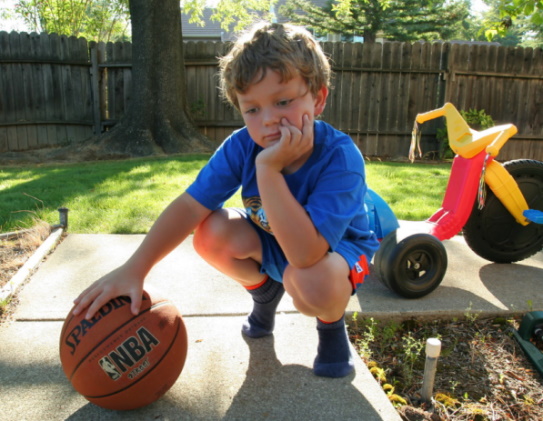Pandemic got you down? Me too.

Languishing, a sense of aimlessness
Apr 22, 2021
This week, I am simply languishing.
With the pandemic weathering on, I — and many others I’m sure — am feeling the effects of months-long isolation. It is like we are in purgatory. The days blend together like paint on a canvas, yet instead of a brilliant image, it’s a dull monotony.
What I’m talking about is languishing, or as Adam Grant from the New York Times says, “It [isn’t] burnout — we still [have] energy. It [isn’t] depression — we [don’t] feel hopeless. We just [feel] somewhat joyless and aimless.”
Those feelings are what I am experiencing. My work ethic is slipping, and my sleep schedule is the worst it’s ever been. But it’s not because I’m depressed or exhausted. I’m just feeling a sense of aimlessness.
Throughout the whole pandemic and the long quarantines, I’ve told myself how excited I am for COVID-19 to be over so that we can get on with life as normal. However, as we’re nearing the end, I feel no more excitement for the rest of 2021.
Deep down, I’m anticipating the day when I can make plans with my friends again, travel and see the world, but as of now, I’m just laying around all day. I’m struggling to find purpose.
My mental health isn’t declining, but I know that it’s not in peak shape. My motivation is at an all-time low, and I can’t focus at all anymore. A study by Corey L. M. Keyes said, “Languishing adults were 4.5 times more likely than moderately well adults to have missed six or more days of work.”
So that explains my declining work ethic, but what about my horrendous sleep schedule?
In June 2020, Daphne K. Lee described it in Chinese as “bàofùxìng áoyè” or “revenge bedtime procrastination.” It’s the idea that when people don’t have much control over their lives during the daytime, they stay up late in order to take back their personal time, even if it means they’ll be extra tired the next day.
This again reigns true for me and many of my friends as well. We stay up way too late, trying to connect with people in order to find some sense of joy or purpose for ourselves in a boring world.
Two of my dearest friends in particular, Emmie and Zach, have been some of my closest confidantes as we tackle languishing together. The three of us collectively have wrecked our sleep schedules, but we make time for each other every night. We debrief about our days, relationship updates and moments that we’ve enjoyed or that irked us.
It’s that consistency, though small, that helps me persevere through my languishing.
Another strategy I’ve used is focusing on smaller goals. Whether it’s shopping at IKEA online for new room decor or just reading a few pages of a book every night, I’m orienting myself towards small-scale success, finding my way back to a healthier mental state to match the incoming normalcy post-COVID-19.
Languishing isn’t something we can combat on our own. It’s in our environment, and it’s a deep symptom of the pandemic. I find comfort that the world is beginning to destigmatize mental health, but we have a long way to go. “Not depressed” doesn’t mean we’re in perfect shape. “Not burned out” doesn’t mean we’re ready to create a masterpiece. We can be languishing, and that can be okay.












